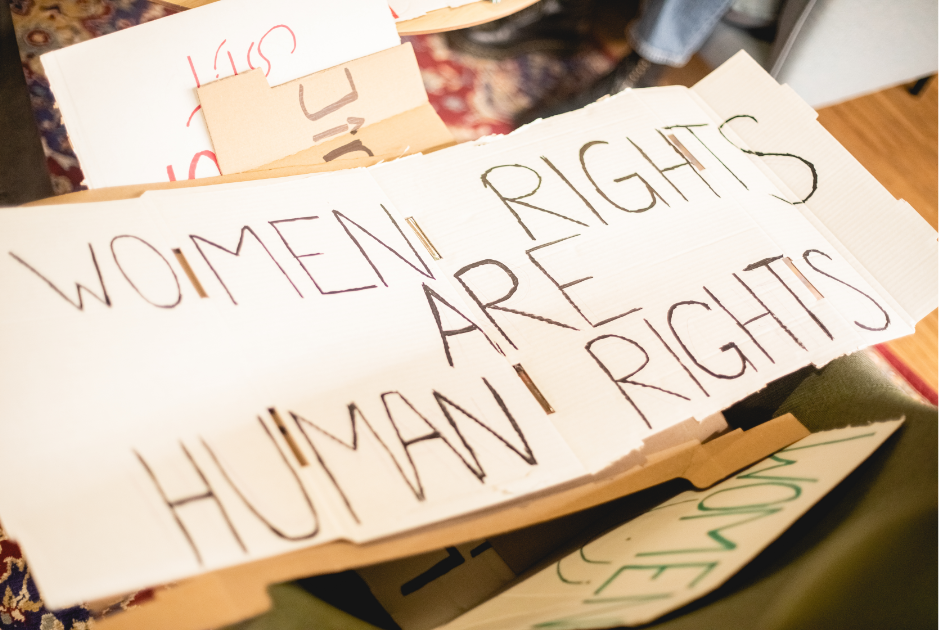Street vets are giving 'judgment-free' care to unhoused people with pets
"She gave me my joy back. Something to live for."
Unhoused people and pets deserve help.
There's nothing like our furry friends to bring out the best in us, and in a world where we sometimes need a little extra kindness, a stranger can remind us that we're all in this together. A few months ago, BBC News posted a story about the Bath Cats and Dogs vet clinic in the UK who give free medical care to the pets of "homeless and vulnerable people."

It's part of their "Together Project" initiative, whose goal is to keep pets with their owners no matter what the circumstance. Veterinary surgeon Nicola Chouler explains, "These animals are so well cared for and they're with their owners constantly and are arguably better cared for than some housed animals."
These veterinary services actually exist around the world. One of them is Project Street Vet, which was inspired by the work of Dr. Kwane Stewart. Their website explains that for years, Dr. Stewart has "provided direct vet-to-pet services by walking city streets to identify individuals experiencing homelessness with pets. Once identified, free exams, vaccines, flea meds, supplies, and more are offered by our volunteer veterinary teams and information is gathered for follow-ups and additional care."
Dr. Stewart won the Elevate Prize in and was CNN's Hero of the Year the year in 2023. His mission is very clear: "No judgment, just help."
The success stories are incredibly moving. One of them is Mike, a San Diego man who has a pet Dachshund he named Crazy Girl. From their success story page: "Mike had been experiencing homelessness for nearly two years, living in a tent along the beach while battling colon cancer. When Dr. Kwane approached Mike, he was so excited to talk about his little girl and told us more about their story."
After the team checked her out, it was determined she had a birth defect which caused her to lose her sight. But, "Project Street Vet was able to get her the right medication she needed to stay comfortable and provide Mike with peace of mind."
Here, an unhoused woman shares that her cat "saved her," not the other way around. "I thought I was just going to give up. And if it wasn't for her, I might have."
- YouTubewww.youtube.com
The Project Street Vet's Instagram page is full of love and support. One video introduces us to a woman and her dog, Tootsie Ann, both who live in a tent on the streets. When asked if her sweet pup is helping with mental health, she says, "Yes, it's me and Tootsie against the world. She gave me my joy back."
The comment section truly relates. One person writes, "I’m not trying to be dramatic or anything but Tootsie Ann’s love could literally save the world." Another points out, "She got a whole middle name! You know that baby is loved!"
Many have so much gratitude for this service. "Thank you for your kindness and compassion to people and their furbabies... shows there are good people in the world."





 Yoga pants.Image via Canva.
Yoga pants.Image via Canva. Our natural lashes are nice just the way they are!
Our natural lashes are nice just the way they are! One step forward, many steps back. Image via Canva.
One step forward, many steps back. Image via Canva.  Homelessness is especially rampant on the West Coast.Image via Canva
Homelessness is especially rampant on the West Coast.Image via Canva











 All Rise Nbc GIF by Law & Order
All Rise Nbc GIF by Law & Order Home Equality GIF by INTO ACTION
Home Equality GIF by INTO ACTION Angry Dick Wolf GIF by Wolf Entertainment
Angry Dick Wolf GIF by Wolf Entertainment

